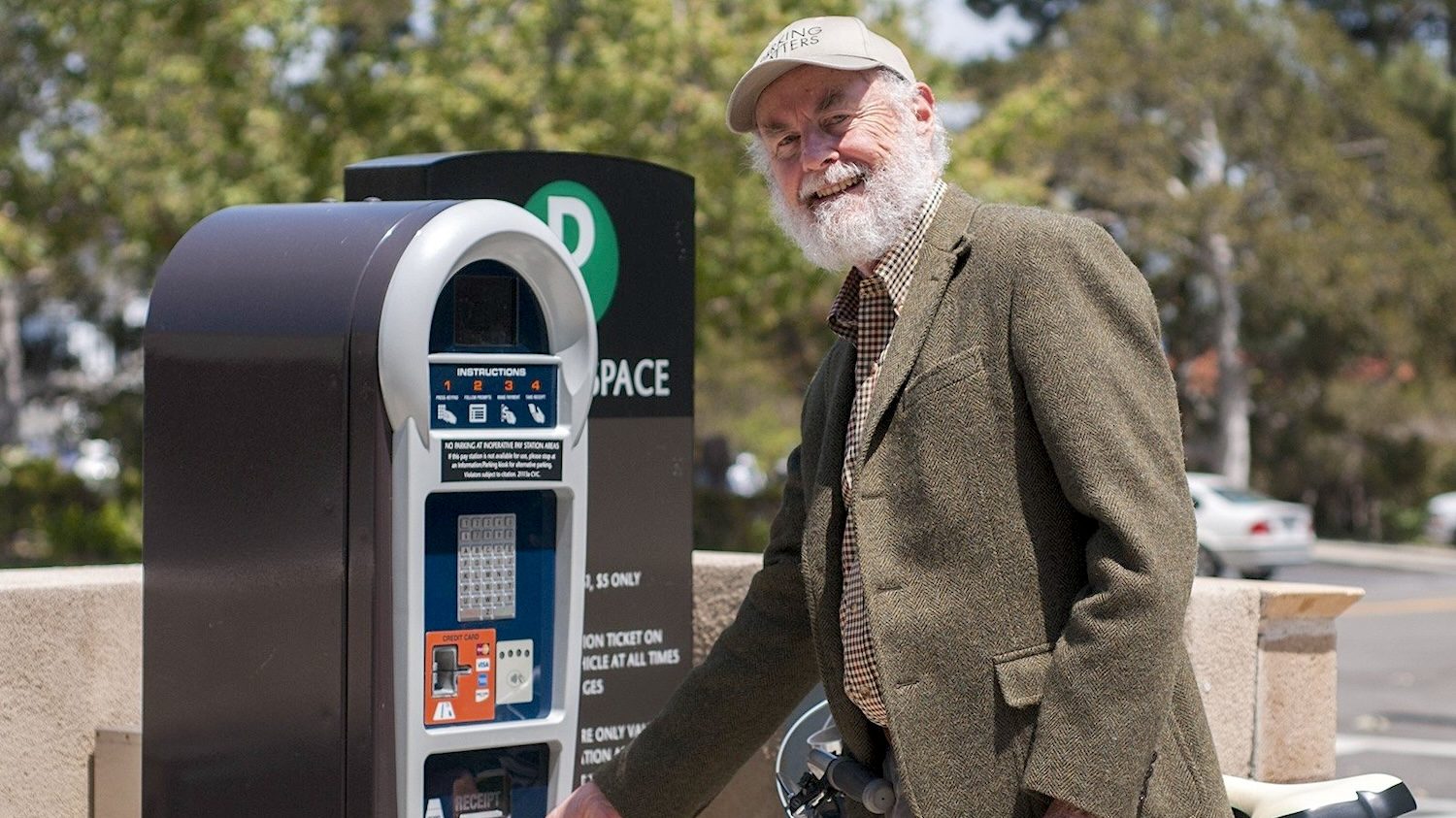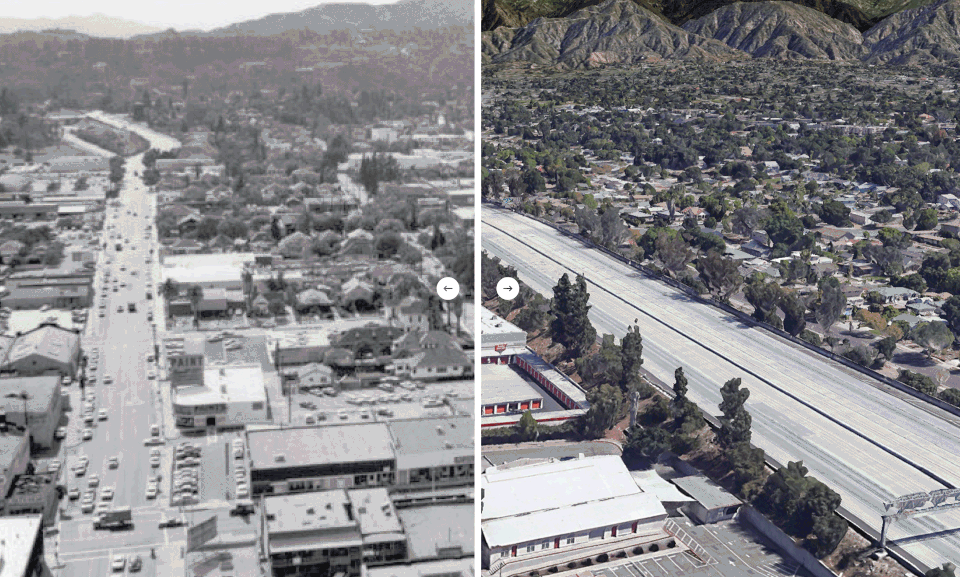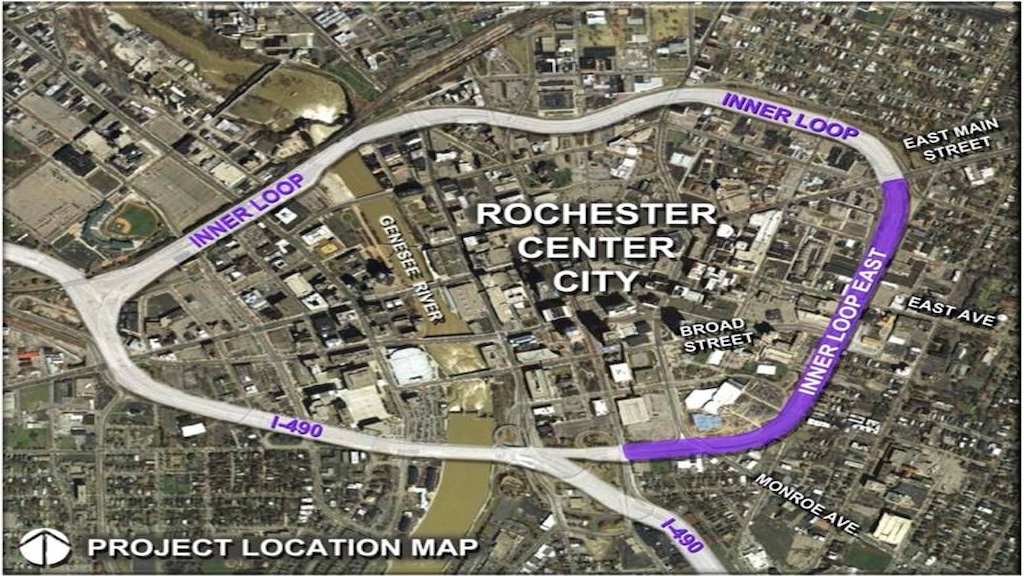What is Transfers?
Academic research on transportation often has little influence on public policy. Dense research publications full of statistical models and complex formulas can be indecipherable for policymakers and practitioners, much less community advocates or the general public. Too often, important findings that could help policymakers and professionals improve our transportation systems languish behind the intimidating walls of academia.
With this publication, we hope to help transfer the knowledge of experts into policy actions that improve people’s lives.
The Transfers slogan is “From Knowledge to Action,” a nod to planning pioneer John Friedmann, who passed away in 2017. For many years Donald Shoup, a longtime colleague of Professor Friedmann’s, edited ACCESS Magazine, a publication of the University of California system. ACCESS condensed peer-reviewed, published academic journal articles into shorter, readable versions aimed at a wider audience.
Transfers is now part of a wider network as the flagship publication of the Pacific Southwest Region University Transportation Center (PSR), a research consortium spanning eight university campuses in three states. Our goal is to move the innovative transportation research of PSR scholars outside the academic sphere, inspiring real policy impacts in our communities in Arizona, California, Hawaii, and beyond.
We’re lucky to have the guidance of Professor Shoup and his fellow UCLA professor Martin Wachs, who serve as our senior editors. Transfers Magazine will publish digital issues twice a year, overseen by an editorial board of the directors of the PSR research centers and staffed by an editorial team at UCLA. And we’ll supplement the issues on our blog, The Circulator, connecting research updates, student projects, expert opinion, and campus news to current events in the transportation world.
In our biannual issues and on the blog, Transfers follows a few principles:
- Focus on why research matters. What findings mean deserves more attention than how they were found.
- To matter, research must be accessible. Statistical noise and academic jargon stand in the way of conveying concepts clearly and directly.
- Always link to action. Tangible policy recommendations are necessary in order for knowledge to become powerful.
Cutting-edge research seeks to answer the pressing questions of our transportation system. What if free parking really costs a fortune? What if new light rail lines don’t reduce traffic? What if the way our infrastructure is designed damages the environment, hampers freight movement, or endangers public safety?
We believe the most important question is: How can this body of knowledge be transferred into a better transportation system for everyone?




